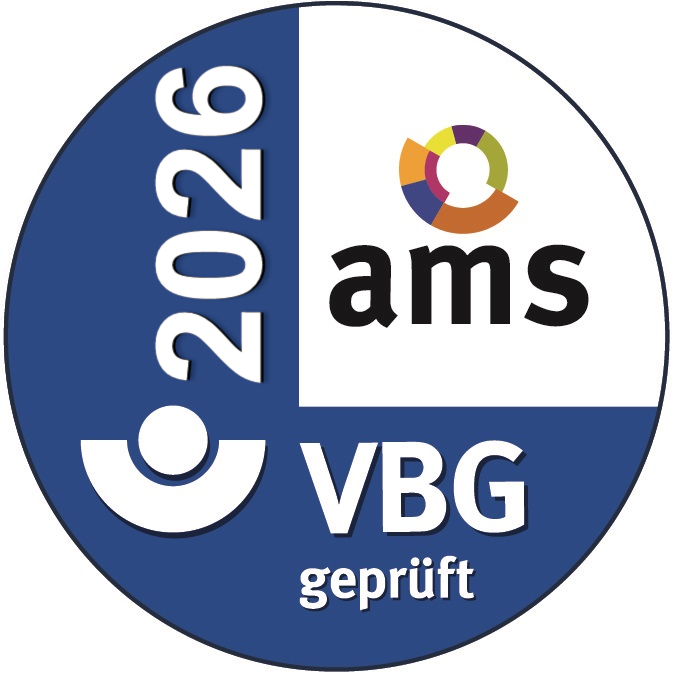PFA - Perfluoroalkoxy
PFA - Perfluoroalkoxy
What is PFA?
Perfluoroalkoxy (PFA) is a high-performance type of plastic that is widely used in various industrial applications due to its outstanding properties. This compound belongs to the fluoroplastic family and is characterized by remarkable resistance to chemicals, temperature fluctuations and other environmental influences.
PFA is a copolymer made from tetrafluoroethylene (TFE) and perfluoromethyl vinyl ether (PMVE). This unique combination gives PFA its characteristic properties.
Characteristics of PFA
The outstanding properties of PFA make it an extremely versatile material in various industries. The remarkable properties include:
- Chemical resistance: PFA is resistant to a wide range of chemicals, including acids, bases, solvents and strong oxidizing agents. This resistance allows PFA to be used in environments where other materials would fail.
- Temperature resistance: PFA retains its mechanical properties over a wide temperature range, from -200°C to over 260°C. This exceptional temperature resistance makes PFA ideal for applications requiring extreme temperatures.
- Low coefficient of friction: PFA has an extremely low coefficient of friction, making it an ideal material for applications where a low-friction surface is required, such as seals and plain bearings.
- Electrical insulation: Due to its excellent electrical insulation properties, PFA is often used in applications that require reliable insulation combined with high performance, such as in the electronics and semiconductor industries.
What are the advantages of PFA?
The use of perfluoroalkoxy (PFA) offers a number of advantages in various applications. First and foremost, PFA is characterized by its exceptional chemical resistance, which makes it impervious to a wide range of aggressive chemicals. This resistance allows PFA to be used in environments where other materials would fail, such as in the chemical industry or in laboratories.
Furthermore, PFA is extremely temperature resistant and maintains its mechanical properties over a wide temperature range, from extremely low temperatures to high temperatures above 260°C. This temperature resistance makes PFA an ideal material for applications requiring extreme temperatures.
Another advantage of PFA is its low coefficient of friction, which makes it an ideal material for applications where a low-friction surface is required, such as in seals and plain bearings.
The use of PFA provides high electrical insulation, making it a preferred material in the electronics and semiconductor industries.
Although PFA may initially be slightly more expensive than other materials, its high performance and durability can ultimately lead to cost savings through reduced maintenance and replacement costs. Overall, PFA offers a unique combination of properties that make it a highly versatile and capable material for a variety of demanding applications.
PFA temperature resistance
The temperature resistance of PFA is one of its outstanding properties. PFA retains its mechanical properties at extreme temperatures from -200°C to over 260°C, making it an extremely versatile material for applications in high temperature environments. This temperature resistance allows PFA to be used in applications that require extreme temperatures, such as in the chemical, semiconductor and food industries.
Where is PFA used?
PFA is used in a wide range of industries and applications, including:
- Chemical industry: Due to its excellent chemical resistance, PFA is often used in the chemical industry for the manufacture of pipes, valves, seals and containers that are exposed to aggressive chemicals.
- Semiconductor industry: In semiconductor manufacturing, PFA is used for the production of containers, tubes and other critical components that have to withstand high purity requirements and temperature fluctuations.
- Food industry: PFA is used in the food industry for applications where high temperature resistance and chemical resistance are required, such as in ovens, steam cookers and food processing equipment.
PFA in pipeline construction
The use of perfluoroalkoxy (PFA) has proven to be extremely advantageous in pipeline construction. The chemical resistance of PFA makes it ideal for the transportation of aggressive media, as it is insensitive to a wide range of chemicals. This resistance is particularly important in industries such as the chemical and petrochemical industries, where pipelines are often exposed to aggressive chemicals. In addition, PFA's temperature resistance provides reliable performance in high temperature environments, making it a preferred choice for high temperature applications in piping construction. The durability of PFA pipes ensures long-term reliability and reduces the need for frequent maintenance and replacement intervals. Overall, PFA is a valuable material in piping construction that meets the high requirements in terms of chemical resistance, temperature resistance and durability.



